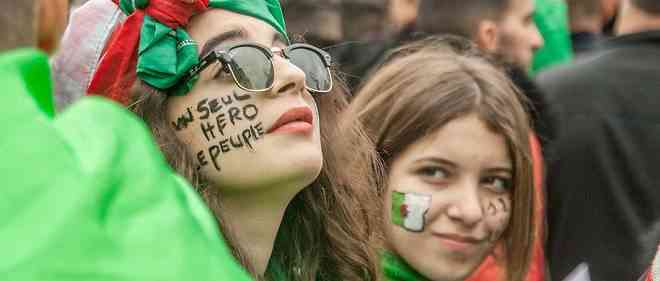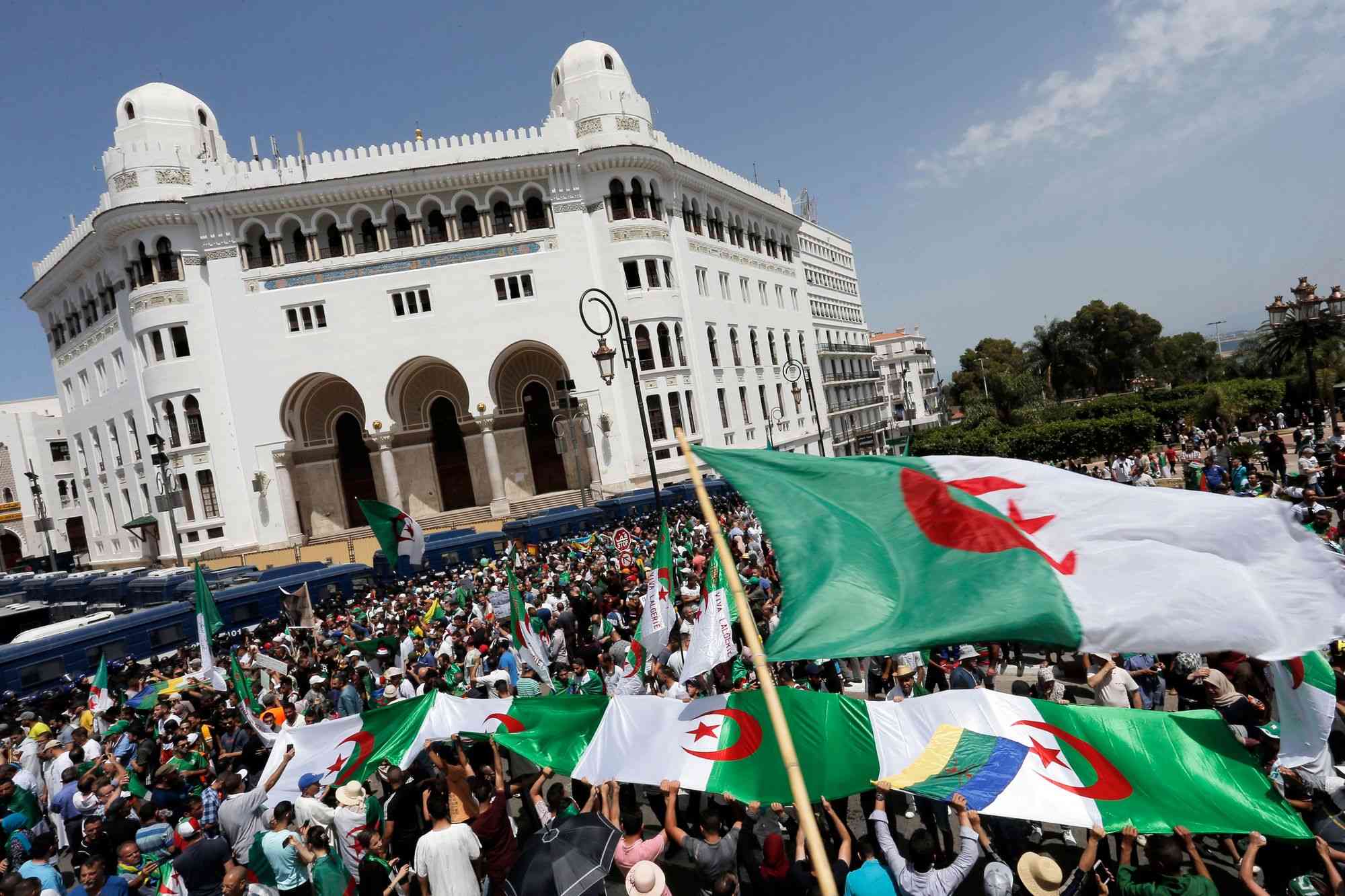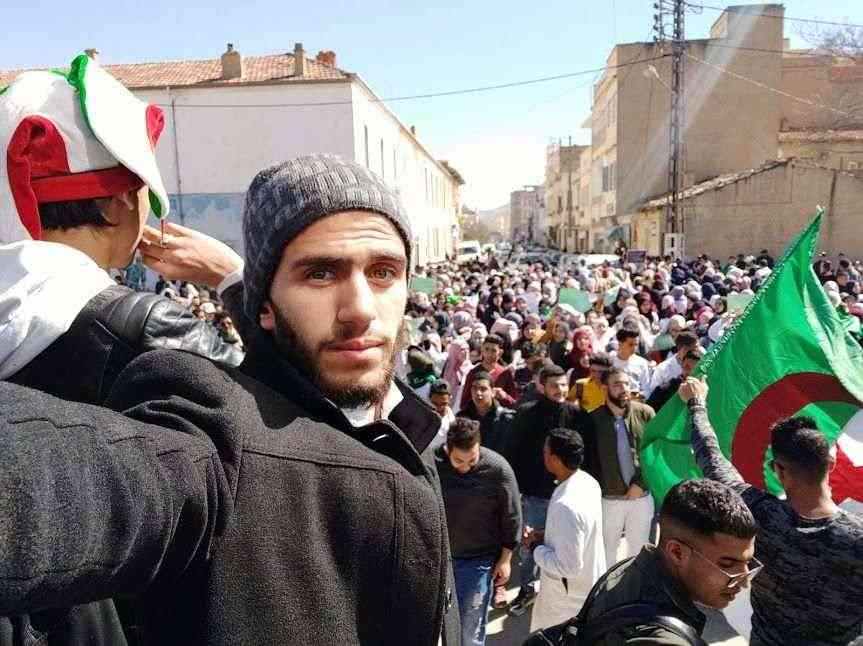Algerian Hirak in the Eyes of the Third Millennium’s Generation
For those born in the second millennium, they did not recognize a president other than Bouteflika and a party other than the Liberation Front who monopolized the rule, which makes the youth completely absent from shaping the political scene.

Since Abdelaziz Bouteflika took over in 1999, his main concern was to alter the constitution at the end of every tenure to give himself the right to stay in power while promising to hand the torch to the youth at the end of each term.
This continued to be the case for 20 years which enkindled the movement of 22 February 2019, giving Algerians hope to build a modern civil democratic state that guarantees an equal representation and an elimination of all forms of corruption that have been dominating the state institutions over the past decads. However, he finally announced his resignation on March 26 after a month of disapproval.

It is worth noting, that the last visible presidential speech was in 2012, after which his health condition worsened. This chokingly implies that the Algerian population did not see their president for a totality of 8 years. the country was managed by messages bearing his signature also by members of the government. The most famous incident was the announcement of his candidacy through FLN staff.
The role of Algerian youth in shaping the political scene:
For those born in the second millennium, they did not recognize a president other than Bouteflika and a party other than the Liberation Front who monopolized the rule, which makes the youth completely absent from shaping the political scene.
However, using technology and social media have played a crucial role in raising political awareness of citizens and in the urgent call and of citizens to protest, which allowed for great media coverage of geographically limited protests and soon turned into a mass popular movement throughout the country.

Characteristics of the Hirak:
The popular movement witnessed the participation of all groups of society, elderly, workers, intellectuals, Arabs, Amazighs, and the unemployed as one unite, through abandoning all the reasons for the intellectual division of parties and ideology, and also by focusing on building a civil, democratic state using peaceful demonstrations.
The protest took other forms, as we observe different ways to express objection, strikes, gatherings that are organized by sectoral unions in education and higher education, transportation, and the service of lawyers and judges, echoing the same popular demands. the later have evolved from "No for the fifth term" to the trial of all political corruption as a precondition to building a new system.

Has the popular movement ended?
The revolution continues in the eyes of many Algerians, despite the election of President Abdel Majid Taboun, who is not considered to have democratic legitimacy because many Algerians have refused to vote for people who were part of the old regime.
The street objection would have had continued unless the Corona epidemic has prevented it/
Abdullah Bin Adoudeh, an Algerian exile in the United States with experience in Algerian public radio and private television (Dzaïr TV), Radio Corona began on April 21, 2020, to keep the torch of the movement alive during the closure. Bin Odeh encourages comparison with Pirate Radio in Europe in the seventies and discussed the government's crackdown on journalists (Khaled Al-Derini) and opposition figures (Karim Tabou)

